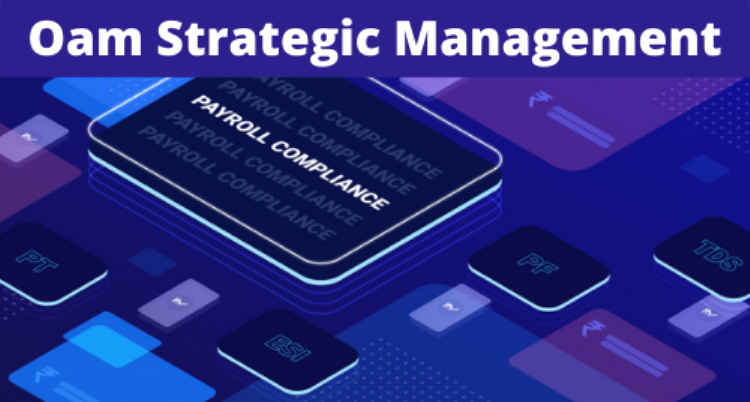
HR Compliances & Payroll Services
Payroll compliance or statutory compliance is one of the hardest aspects of payroll processing. Several varying attributes contribute to the complication. But, no matter how difficult dealing with compliance is, all businesses have to ensure that they follow the regulation. Payroll compliance or statutory compliance in India refers to the legal framework which companies or organizations must adhere with regard to the treatment of their workers or employees. Most of the company’s money and time goes into safeguarding compliance with these laws. Everything from being compliant to the minimum wages payment to maternity benefits to provident funds needs not only a lot of time but also experts who can give advice on all of these compliance measures. Therefore, the companies dealing with payroll compliances need to be well-versed with the different labour laws or labour regulations in India.
Organization adhering to minimum wages
Minimum Wages come under the Minimum Wages Act, 1948. The minimum wage rates are given by both the Central Government and the State Government. The wage rates vary from the employment, sector, and type of employee. According to this act, the employer is responsible to pay wages at least every month on a timely basis. Wage period may be fixed according to the convenience of the employer on a daily, weekly or monthly basis.
Including Gratuity in employee CTC (Cost to Company)
According to the Payment of the Gratuity Act, 1972, Gratuity is applicable to all the establishments such as NGOs, hospitals and educational institutions with 10 or more employees. As gratuity is a fixed contribution from the side of the company, it is shown as part of the CTC. Thus, making Gratuity as part of the employees CTC is mandatory.
Necessary deductions (TDS and Professional Taxes)
According to the Income Tax Act, 196, TDS (Tax Deducted at Source) deduction is the means of indirect tax collection. This TDS rule gives the authority to employers to deduct a specific amount of tax before full payment to the employee. TDS rule is applicable to all the employees falling under the Income Tax Slab. Thus, these required TDS deductions have to be made before the payroll is run. Same as TDS deductions, Professional Tax is also collected from the monthly salaries by the employers. Failure to collect or pay professional taxes will lead to penalties. Professional Tax varies from state to state.
We deal all compliances related to :-
- Compliance Under EPF
- Compliance Under Factories Act
- Compliance Under ESIC
- Consultation & Periodic Audits
- All Other Compliances Related To HR







